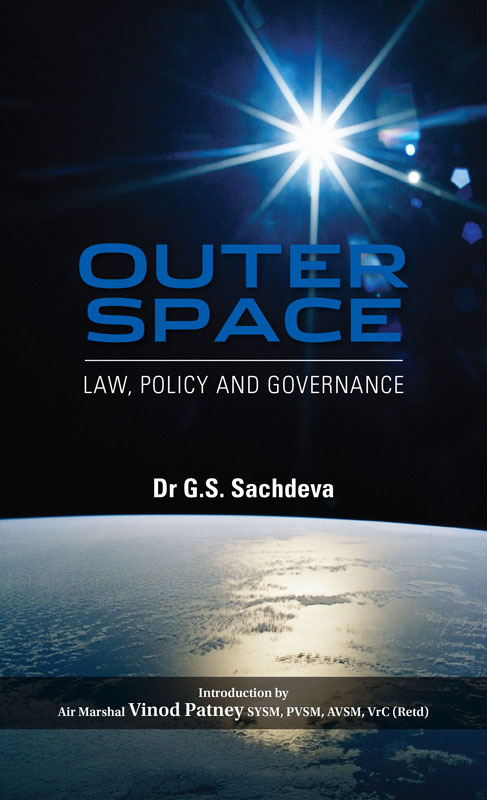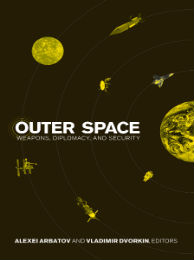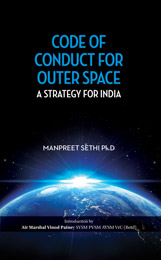Subjects
Outer Space: Law, Policy and Governance
G S Sachdeva
In the wake of the euphoria consequent to the Soviet space forays and the US landing on the moon, innovative space law evolved rather rapidly in just two decades and then came a stalemate. In this hasty growth of nascent space law, some gaps remained, some inadvertently due to lack of vision and some deliberately, due to lack of consensus or because half-baked concepts remained pending till the achievement of a better understanding of space phenomena or development of supportive technology. These issues have since started jumping to centre-stage and this book falls in this niche of deficiencies.
A few challenges and unresolved contingencies that stare us in the face, needing to be addressed suitably, are space jurisprudence in jus cogens of space law, pointers on policy issues for India, hesitancy to incorporate international cooperation in domestic space statutes, futility of reiteration of the Convention Law in International Codes of Conduct as soft law adjuncts, absence of a legal regimen governing mining on asteroids by private enterprises, explication of the concept of Common Heritage of Mankind and modalities for sharing of benefits between nations, procedure for nomination of an astronaut as an envoy of mankind in space by name or designation to avoid confusion in the eventuality of multiple astronauts of multiple nationalities, all being at one place at the same time, et al. This book is a modest effort to help resolve issues in that direction.


 Political Science
Political Science



